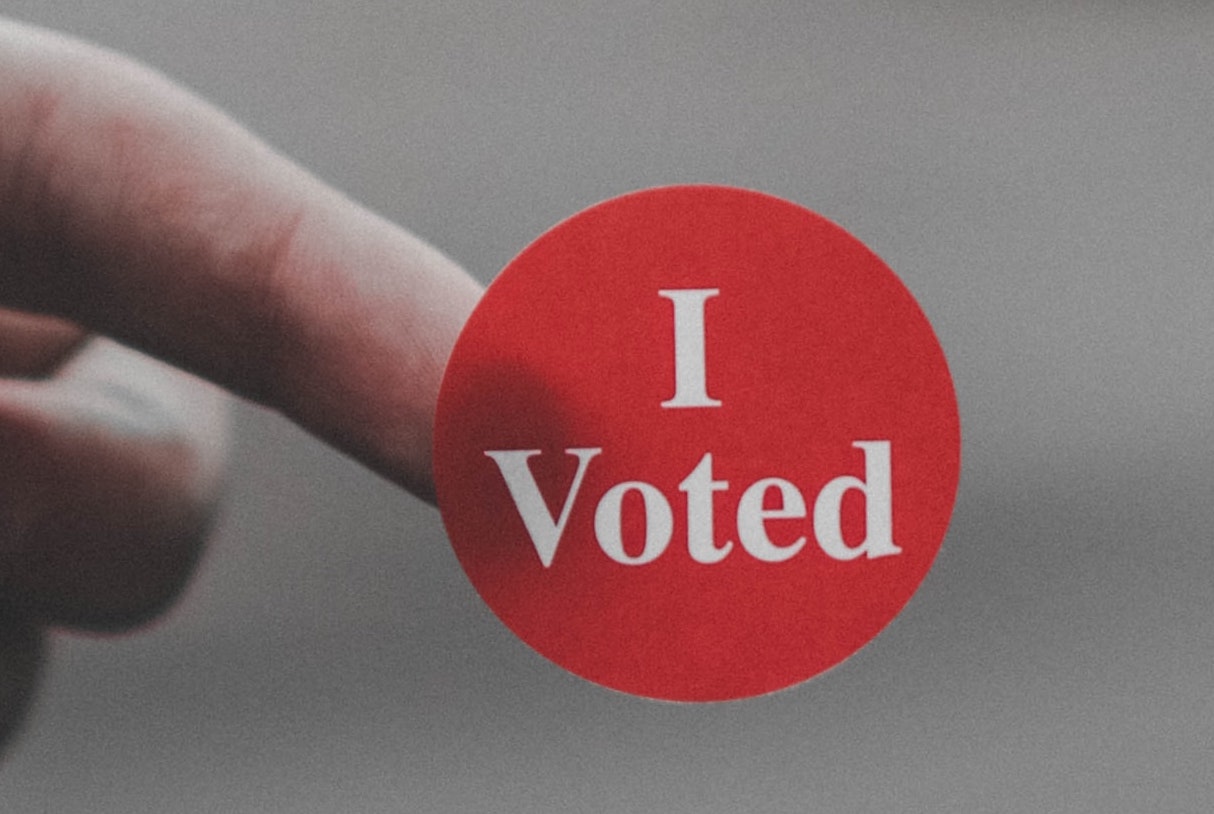Businesses need political stability to thrive, and so when democracy is jammed, companies can feel threatened. But businesses can also help to invigorate and strengthen our democratic systems and cultures.
Elections are critical junctures of democracies. In principle, electoral campaigns should enable citizens to debate the most pressing issues of the time and to choose candidates that propose convincing remedies and demonstrate competence. In practice, the democratic process has been increasingly malfunctioning. Recent electoral campaigns have only fueled polarization and hostility between opposite camps and instilled distrust regarding the fairness of the election — far from the constructive deliberation one could hope for.
Business leaders take note of these developments and frequently express concern: When democracy is jammed, the political stability required for business to thrive is threatened. Yet few see business as a possible solution. Quite the contrary, business and politics are seen as distinct realms that should remain separate. Corporate money in campaigns is most often depicted as a corrupting influence: Campaign donations made by businesses to specific politicians and political action committees are often perceived as an attempt to tilt the scale towards candidates whose policies these businesses prefer or, worse, to obtain favors in return.
However, business can also help to invigorate and strengthen our democratic systems and cultures. They can help reboot the machinery of democracy in ways that may be less visible but more important than campaign contributions, improving the scale without putting a thumb on it. Here are some important examples.
Read more at Harvard Business Review.






